
Proactively access capital and land
In recent years, the private economy of the country in general and Lam Dong in particular has been constantly developing, contributing to socio-economic development. However, enterprises in this economic sector still face many difficulties in the process of development, scale and improving competitiveness.
In Lam Dong, there are currently more than 23,800 developing private enterprises. Of these, the number of enterprises that have borrowed capital from credit institutions is not much. For example, in the old Dak Nong area, out of a total of 4,700 operating enterprises, only about 900 enterprises have borrowed capital from commercial banks. This means that nearly 80% of enterprises here have not or will not borrow capital from local banks. The total outstanding credit balance for enterprises is more than 8,000 billion VND, accounting for nearly 1.6% of the total outstanding debt of the entire economy in Dak Nong before the merger. In addition to lack of capital, many enterprises have not accessed land policies during the development process. Among them, it is necessary to mention enterprises participating in production in the agricultural sector.
Mr. Le Van Cuong, Director of Green Service Private Enterprise, Cu Jut Commune, said that after more than 5 years of operating in the agricultural sector, the unit itself has not yet received any support policies. “We have researched many support policies from the State. Many policies have been issued, and the unit has also applied for support. However, there are still many barriers,” Mr. Cuong shared.
Through practical research, in addition to the difficulties and obstacles from mechanisms and policies, the enterprises themselves still have many limitations. Most of Lam Dong enterprises are lacking confidence in the current context. The reason is that the labor force has limited qualifications and skills, the planning of raw material areas is unclear, and the production and business plans are not up to the mark.
“Businesses have difficulty accessing capital, land credit, and start-up procedures are still limited. This is the obstacle that reduces the resistance of businesses,” said Mr. Ho Bao, Director of Van Xuan Agri Joint Stock Company, Cu Jut commune.
.jpg)
Resolution 68 is considered a driving force to untie the private economic sector. However, to develop strongly and comprehensively, enterprises in this sector need to change and enhance their own value.
According to Deputy Director of the State Bank of Region X Pham Thanh Tinh (in charge of Dak Nong Satellite), no one else but the enterprises themselves must constantly improve their management, financial reporting, operations, and labor training. Enterprises must develop their own effective investment plans and methods, suitable to their financial, technological, and human capacity to increase value. “When enterprises can do so, we believe that they do not need to borrow, but credit institutions will come to them. Banks themselves are proactively looking for reputable and feasible customers to accelerate capital flow,” Mr. Tinh affirmed.
According to Lam Dong Business Association, capital and land policies are the lifeblood of businesses. Borrowing capital and having a stable source of capital will be a prerequisite for any business that wants to develop sustainably.
Mr. Nguyen Tat Thang, Director of Tat Thang Industrial Company Limited, Nam Dong Commune: “Enterprises must constantly enhance their value by improving their financial situation, building feasible business plans and effectively managing risks. An enterprise with good financial potential, transparent credit history and clear development strategy will always be a reliable partner of the bank. From here, enterprises will easily access preferential capital sources to serve long-term development.

Enhance business capacity
One of the inherent weaknesses of the private sector is low competitiveness. However, in reality, most Lam Dong enterprises still use outdated technology and low labor productivity. To meet the requirements of sustainable development, private enterprises need to increase investment in research, technological innovation, and apply digital transformation and automation in production and management.
According to Lam Dong Department of Finance, enterprises need to focus on developing high-quality human resources. Currently, human resources are the key factor determining the success or failure of enterprises in the digital age. Private enterprises need to change their thinking in human resource management, build a professional corporate culture, and a modern working environment to attract and retain talent. “To improve competitiveness, the private economy must strengthen links and participate in the global value chain. Private enterprises cannot develop alone, but need to form industry and regional links and participate deeply in the global value chain. Building production, service and technology clusters will help improve internal capacity and increase the competitiveness of the entire industry,” said the leader of the Department of Finance.
According to the Department of Finance, to keep up with global trends, private business leaders need to innovate their management thinking, dare to think big, dare to accept risks and dare to invest long-term. Building a flexible business strategy, orienting the market and updating new trends will be the compass for the future development of businesses.
It can be affirmed that the private economy is facing great opportunities but also many challenges. To meet the expectation of becoming the main growth engine of the economy, this sector needs to restructure, innovate and develop in a sustainable direction. The success of the private economy is not only the success of enterprises, but also the driving force for strong and comprehensive economic development.
According to statistics, currently, the human resources in enterprises in Lam Dong with master's degrees only account for 0.08%. The labor force in enterprises with university degrees accounts for only 10%, college degrees above 7%, vocational secondary education 16%. The rest are ordinary and below ordinary laborers.
Source: https://baolamdong.vn/kinh-te-tu-nhan-lam-dong-lam-dong-lam-gi-de-dap-ung-ky-vong-moi-382919.html





![[Photo] Solemn opening of the 1st Government Party Congress](https://vphoto.vietnam.vn/thumb/1200x675/vietnam/resource/IMAGE/2025/10/13/1760337945186_ndo_br_img-0787-jpg.webp)

![[Photo] General Secretary To Lam attends the opening of the 1st Government Party Congress](https://vphoto.vietnam.vn/thumb/1200x675/vietnam/resource/IMAGE/2025/10/13/1760321055249_ndo_br_cover-9284-jpg.webp)
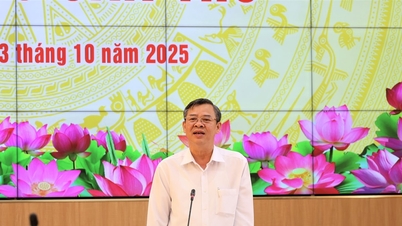








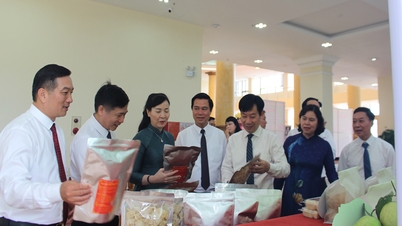




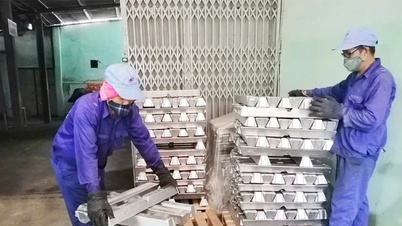









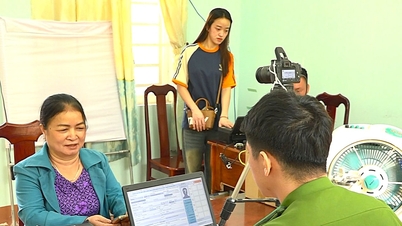

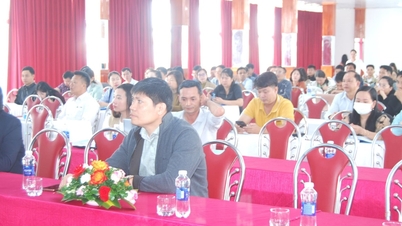
























































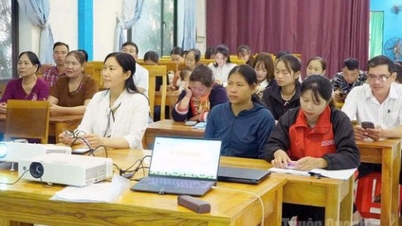








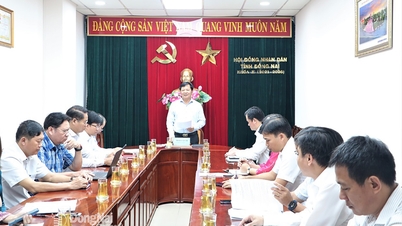













Comment (0)